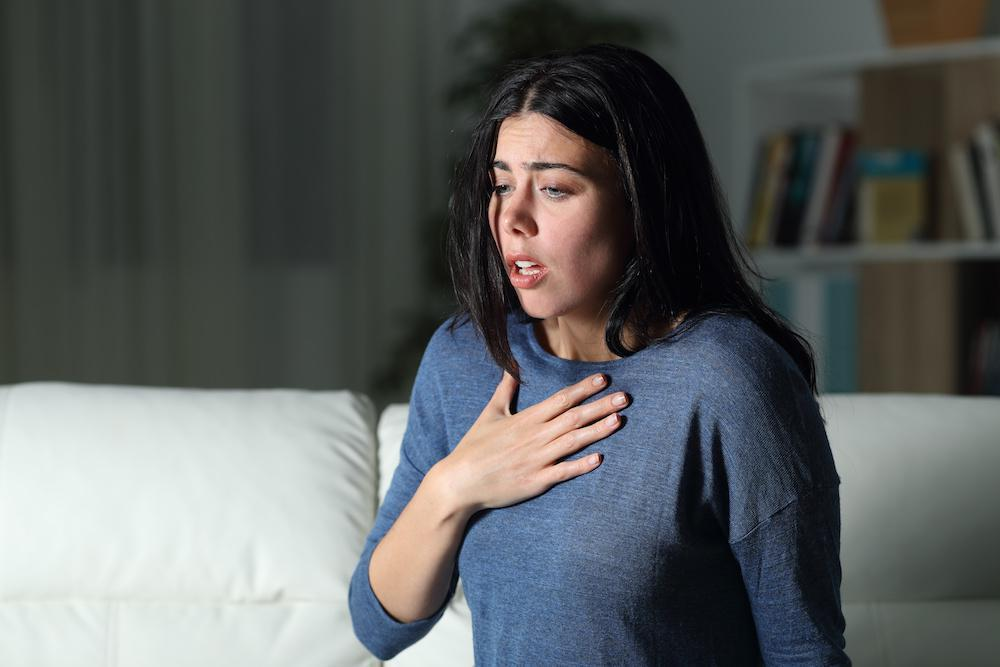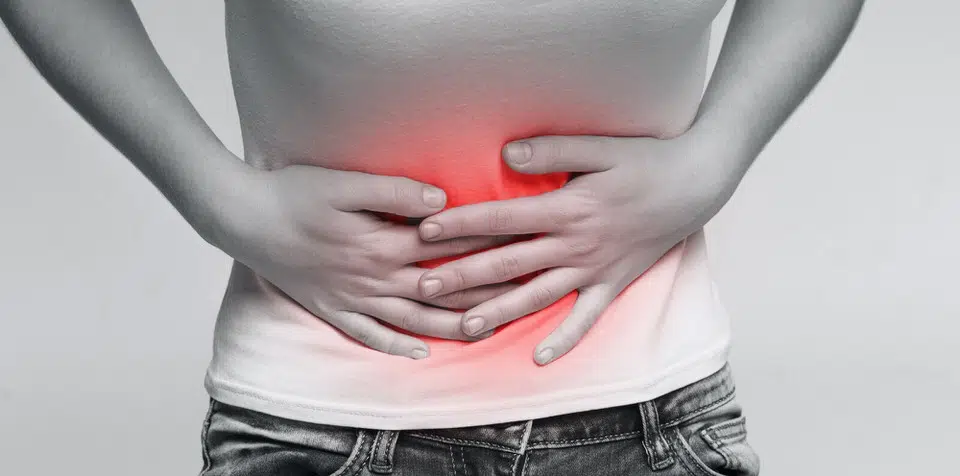Don’t rely solely on routine tests to protect yourself from cancer. Your body often sends warning signals that should not be ignored. By paying attention to these signs, you can take action early. Let’s dive into 19 commonly overlooked cancer warning signs that you should know about.
1. Wheezing or Shortness of Breath

Have you noticed an unusual difficulty catching your breath? Many lung cancer patients recall this as one of the first symptoms they experienced. Persistent wheezing or unexplained shortness of breath might indicate an issue that requires immediate medical attention.
2. Chronic Cough or Chest Pain
A lingering cough or persistent chest pain could be more than just bronchitis or a bad cold. Cancers like leukemia and lung cancer often mimic these conditions. If the chest pain extends into your shoulder or arm, it’s even more critical to get checked out.
3. Frequent Fevers or Infections
Recurring fevers or infections might signal leukemia. This blood cancer affects your bone marrow, weakening your body’s ability to fight infections. If you’re falling ill more often than usual, it’s worth discussing with your doctor.
4. Difficulty Swallowing
Struggling to swallow food or liquids is a common symptom of esophageal or throat cancer. It can also be an early indicator of lung cancer. Don’t ignore this discomfort—it could save your life.
5. Swollen Lymph Nodes or Lumps
Enlarged lymph nodes in your neck, underarm, or groin are a telltale sign that your lymphatic system is undergoing changes. This could point to cancers like lymphoma or other serious conditions.
6. Excessive Bruising or Bleeding
Unusual bruising or bleeding that doesn’t stop may indicate a problem with your platelets or red blood cells, often a sign of leukemia. As leukemia progresses, it affects the blood’s ability to clot, leading to such symptoms.
7. Unexplained Weakness and Fatigue
Feeling drained without reason? General fatigue is a symptom associated with many types of cancer. If rest doesn’t alleviate your exhaustion, it’s time to seek medical advice.
8. Bloating or Abdominal Weight Gain
Persistent bloating or sudden weight gain around the abdomen is a red flag for ovarian cancer. If the bloating occurs frequently and without an obvious cause, it’s worth getting checked.
9. Loss of Appetite and Feeling Full Quickly
A loss of appetite combined with an inability to eat even small portions can indicate ovarian cancer. If you feel full without eating much, this could be a warning sign.
10. Pelvic or Abdominal Pain

Pelvic or abdominal pain often accompanies the bloating and lack of appetite associated with ovarian cancer. It may also indicate an enlarged spleen caused by leukemia.
11. Rectal Bleeding or Blood in Stool
Blood in the stool is a common sign of colorectal cancer. Even small amounts of blood warrant a conversation with your doctor and possibly a colonoscopy.
12. Unexplained Weight Loss
Losing weight without trying is a hallmark symptom of digestive cancers, like colon cancer, or cancers that have spread to the liver. This symptom often affects appetite and metabolism.
13. Chronic Stomach Upset or Pain
Frequent stomachaches or cramps might signal colorectal cancer. If the discomfort doesn’t resolve, consult your physician.
14. Breast Changes: Redness, Swelling, or Pain
Unexplained redness, swelling, or soreness in the breast can indicate inflammatory breast cancer. Don’t ignore any sudden or persistent changes.
15. Nipple Changes
A flattening, inversion, or sideways turn of the nipple is one of the most reported symptoms of breast cancer. If you notice this, consult a specialist immediately.
16. Unusual Bleeding Between Periods

Heavy bleeding or spotting between periods may signal uterine or endometrial cancer. A transvaginal ultrasound can help determine the cause.
17. Facial Swelling or Puffiness
Swelling or redness in the face can be a symptom of lung cancer. Tumors in the chest may block blood flow, causing facial puffiness.
18. Persistent Skin Sores or Lumps
Non-healing sores or lumps that crust over or bleed easily could indicate skin cancer. Keep an eye on any changes in your skin, including growths or discolorations.
19. Changes in Nails
Look at your nails. A brown or black streak might indicate skin cancer, while clubbing (curved nails) could be a sign of lung cancer. Pale nails might even hint at liver cancer.
Conclusion
Your body is an incredible communicator. These 19 warning signs can often serve as early alerts to potential cancer growth. The key is to pay attention and act promptly. If something feels off, trust your instincts and consult a doctor. Early detection can make all the difference in successful treatment outcomes. Listen to your body—it’s speaking to you.


